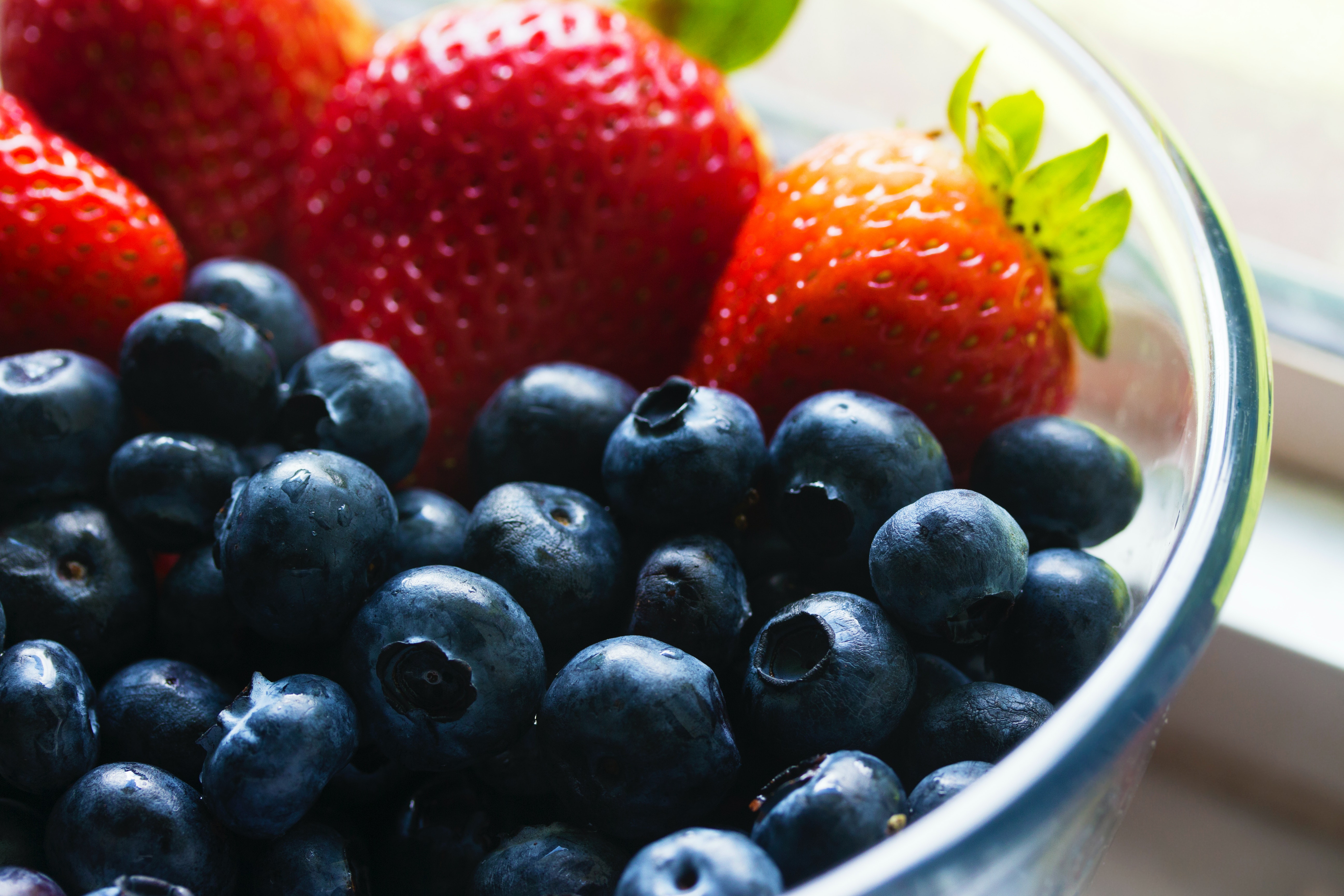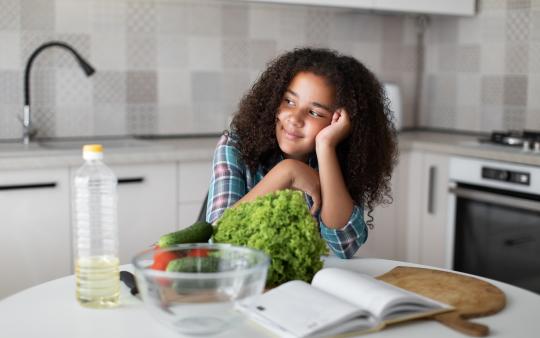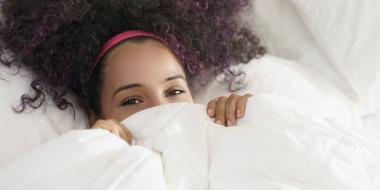Does acne have you or your teen feeling stuck in a pimple-popping vicious cycle? While a healthy diet, hydration, and restful sleep are foundational for good skin, sometimes hormones, stress, and inflammation get in the way of that glow. Understanding the root of why a breakout might be taking place is foundational for keeping them well at bay.
Acne is a complex condition that can have an equally complex impact on the self-esteem and confidence of acne sufferers. And contrary to popular belief, acne doesn’t always end with the teen years! Stubborn breakouts are something that adults well into their 30’s and 40’s can still experience, which makes dealing with them in adolescence crucial to helping avoid them later in life. Pimples aren’t always only on the face either – acne can occur on other parts of the body, such as the back and chest. Before you start scrubbing, popping, and spot-treating, it’s important to determine the root cause of your acne for the best treatment plan.
For more about acne and why popping is never the answer at ecoparent.ca/acne.
Although teens don’t always have the most rigid skincare regimen, the acne they’re suffering from most likely isn’t caused by dirty skin. Overactive oil glands and a buildup of dead skin cells and bacteria are often to blame, leading to inflammation of pores, and you guessed it, pimples! During puberty, hormones become more active, stimulating the oil glands, and while the occasional pimple or two is normal, chronic acne breakouts aren’t, and typically mean that there’s more to the story than just some overzealous oil glands. Working with your healthcare provider to decode your teen’s symptoms can make all the difference!
Hormones can impact the body in many ways, and during puberty, they’re on overdrive! Testosterone, a reproductive hormone that is produced in lesser amounts in women than in men, is a common culprit that causes breakouts. When this hormone becomes unbalanced, the glands produce more oil, which results in acne. In women, the most common cause of high testosterone levels is polycystic ovary syndrome (PCOS), which also typically manifests as other symptoms, like hair growth on the chin, oily skin, trouble losing weight, and breakouts on the chin and lower jawline that are worse before your period.
Inflammation is a natural process that occurs to protect the body from injury. But when the inflammatory response is heightened, more breakouts occur. Everything from indulging in too much processed foods and refined sugars, to poor gut health, environmental toxins, and chronic stress can play a role in causing excess inflammation in the body.
Stress takes on many forms in our bodies, and skin symptoms like acne are a physical sign of its toll. It’s not a coincidence that breakouts often arrive during stressful periods in life: studies confirm it! Stress sets off a cascade of events that leads to increased inflammation. However, your body can experience stress via lesser-known means. Using toxic cosmetics produces hormonal imbalances, and vitamin or mineral deficiencies can also cause stress on the body, increasing inflammation and acne.
TREAT ACNE NATURALLY
While there’s no magic wand that can instantly eradicate acne, the best treatment for long-term success is one that is holistic, unique to your teen’s needs, and takes an inside-out approach. It should involve supporting the body’s ability to balance hormones and reduce inflammation, and include additional support with diet, targeted supplements, and clean skincare products.
Skin Food
If your teen finds that they often experience bloating, gas, stomach aches, or heartburn after meals, a food sensitivity may be the culprit, with the skin demonstrating the body’s discomfort by erupting with acne. A diagnosis from their healthcare provider, can identify triggers to common inflammatory foods like wheat, dairy, and eggs (Studies have shown that there is an strong correlation between acne and milk consumption, due to its negative impacts on hormones and inflammation. An easy at-home test is to ditch the dairy for a time and see if symptoms improve!) But a skin-friendly diet shouldn’t only depend on foods to eliminate or avoid! It’s also important to emphasize adding healthy foods to their diet to encourage glowing skin.
Colour-full! Foods that are rich in colour are also rich in antioxidants, which are important for fighting inflammation and stress. Berries, leafy greens, and sweet potatoes are all great additions to a healthy diet.

Fat-focused! While we’ve long since tossed out the idea that fat is bad, the reality is that for many of us, we’re still eating diets that are too low in good-for-us omega-3s and getting way too much of the less-than-ideal omega-6s. When it comes to healthy skin, increasing the intake of omega-3 fatty acids to help fight inflammation is key. Ditch the refined vegetable oils in favour of olive oil, make nuts and seeds like walnuts, flax, and chia seeds a part of the daily menu, and increase intake of omega-3 rich fish such as salmon and sardines.
Curb carbs! Opting for whole grains, beans and legumes, and fruits and vegetables instead of reaching for the white bread, deep-fried foods, and on-the-go treats can make a big impact. Not only will it mean a longer period of satiation, but it can help reduce breakouts.
Supplements for Skin
When we can’t get enough vitamins or minerals in our diet through food alone, quality supplements play an important role. The following supplements contain amazing acne-fighting ingredients that can pair nicely with a healthy, whole food-based diet:
Vitamin A has been shown to reduce acne severity and decrease excess oil production on the skin.
Vitamin B6 is helpful at reducing pre-menstrual acne, thanks to its anti-inflammatory effect in the body.
Zinc has skin-healing properties that help to fight acne and reduce the appearance of scars over time.
Stress Less
Reducing stress is often easier said than done, and teens are especially sensitive to stressful situations: not only are they growing and changing, they are also balancing all of life’s demands including school, jobs, family conflicts, and friendships. Teaching the value of carving out time for self-care will not only positively impact their mental health, but will also help balance stress levels and reduce the severity of breakouts. Meditation, journaling, and spending time in nature are simple ways to centre yourself and relax. Making sure that your teen gets restful sleep and gets enough exercise are especially important for stress reduction. A soothing cup of herbal tea like lavender, holy basil, or lemon balm can also help support calm.
All Washed Up
While washing alone won’t be enough to completely banish acne, the right products combined with a whole-body treatment plan will help with lasting clear skin. It can be overwhelming to navigate the world of skincare, and many over-the-counter and readily-available products actually contain ingredients that you should steer clear from, like alcohol, fragrance, phthalates, colours, and dyes. Swapping out your teen’s current products for natural, fragrance-free options is a great place to start.
For more on which ingredients to avoid visit ecoparent.ca/ingredients-skincare-teens-avoid.
Occasional acne may be an inevitable part of the teen years, but there are natural treatments that can help. An inside-out approach that is focused on healthy diet, the right supplements, and clean skincare products can help you get your confidence back and put your best face forward. And remember, before starting any new supplement, check with your healthcare provider to make sure it’s right for you.
For references visit ecoparent.ca/TWF/SUM21.
You may also enjoy: Teen Dreams: Sleep and the Adolescent Brain, Why Nutrition Matters For Teenage Stress, and Natural Advice for Your Daughter's First Period.






